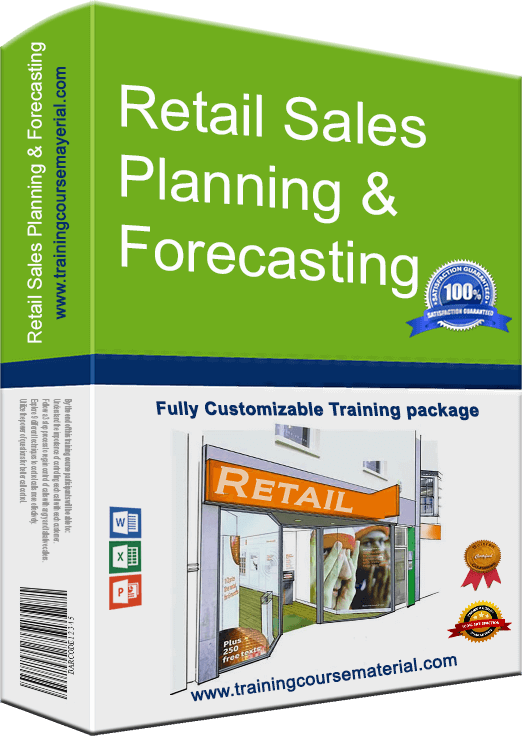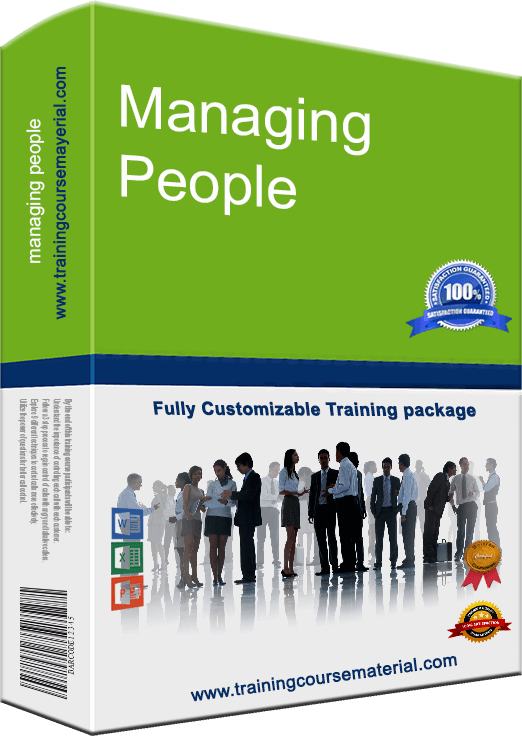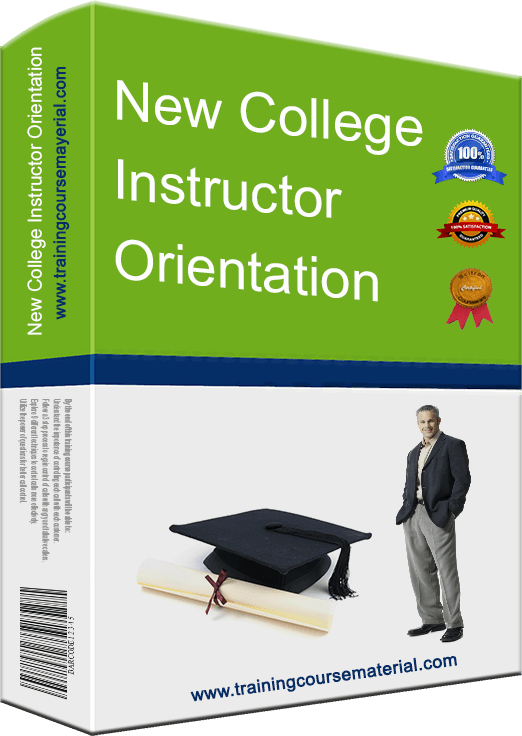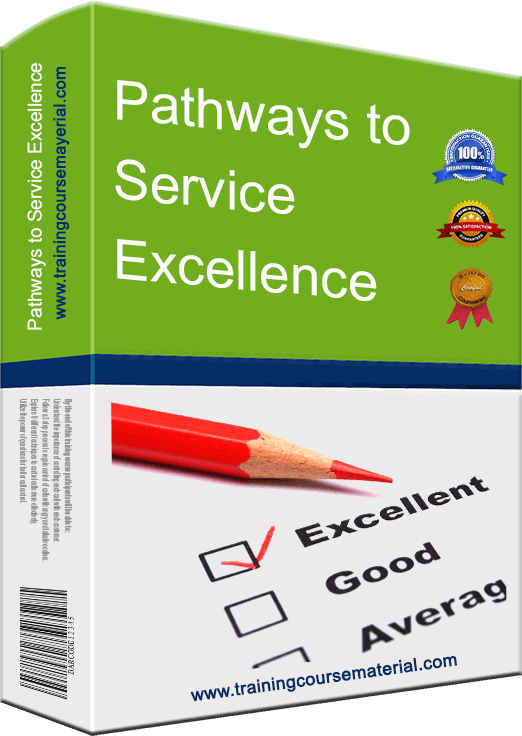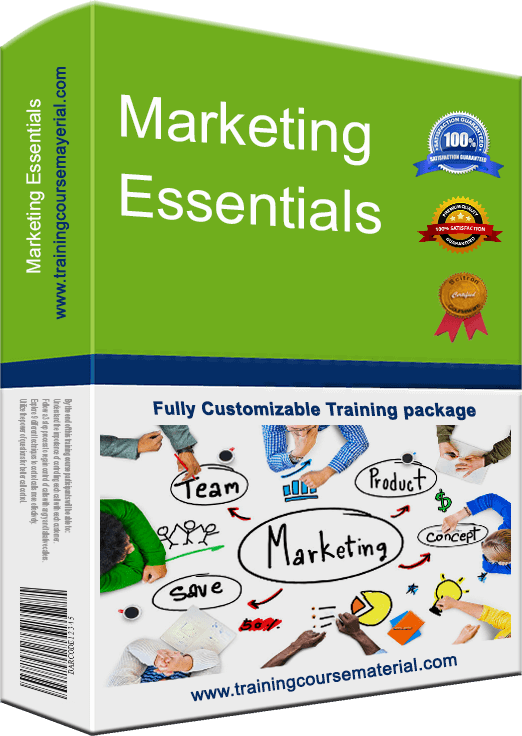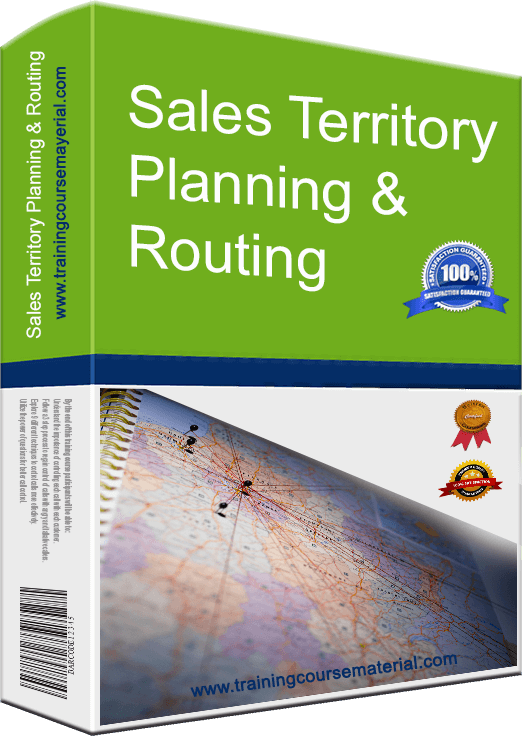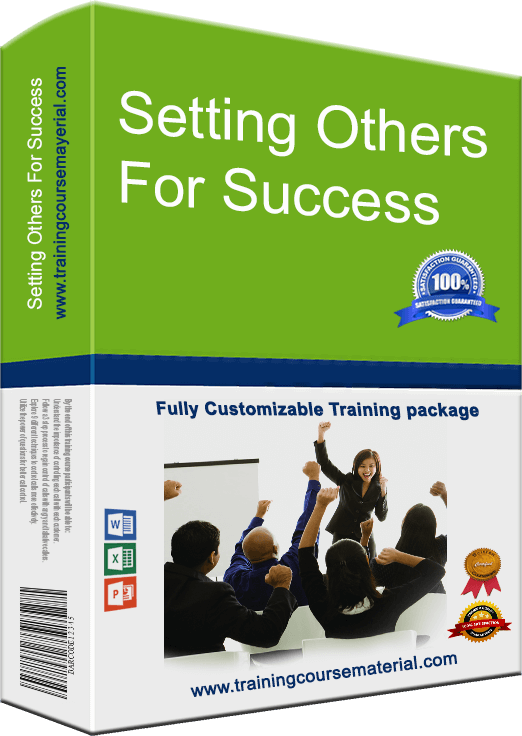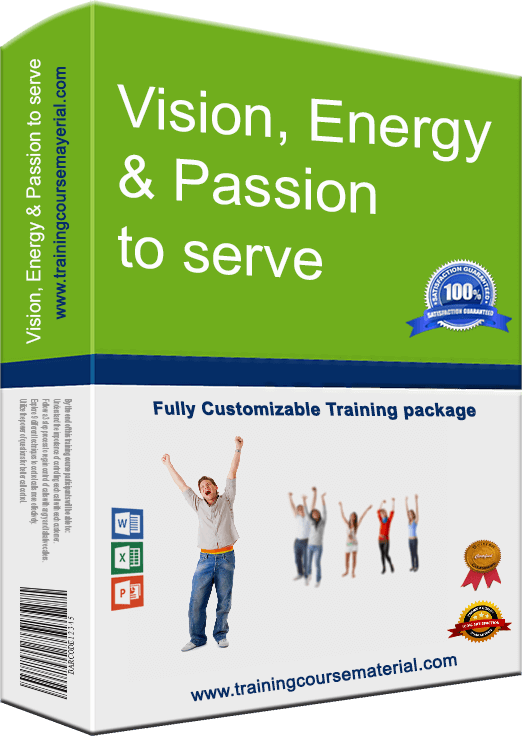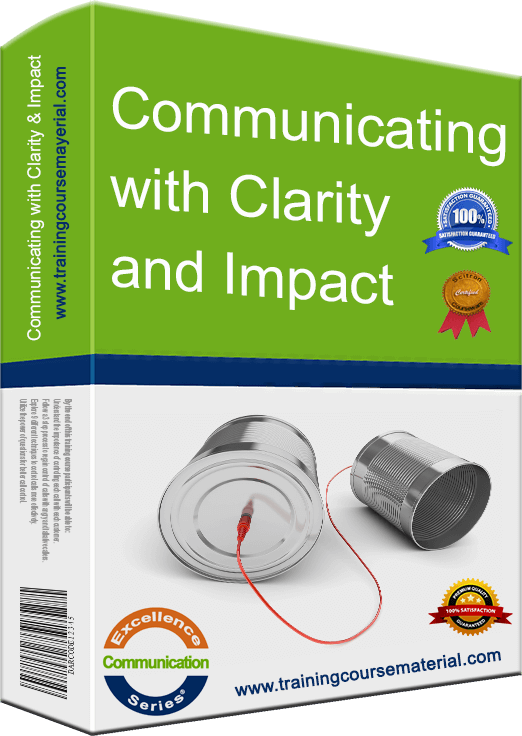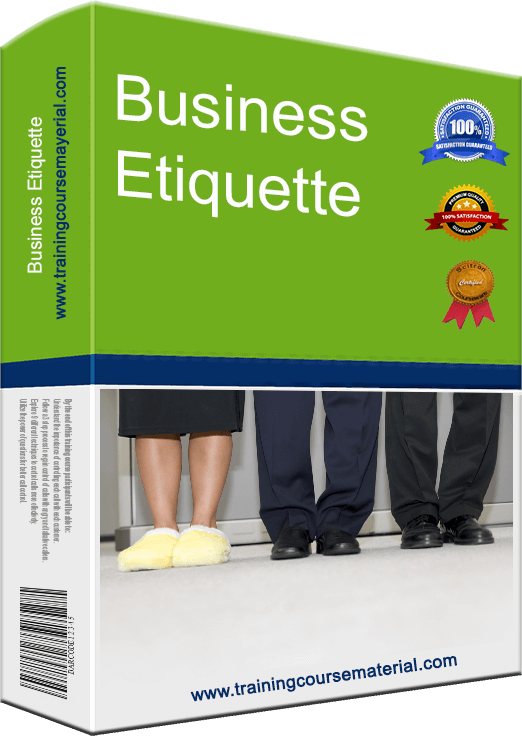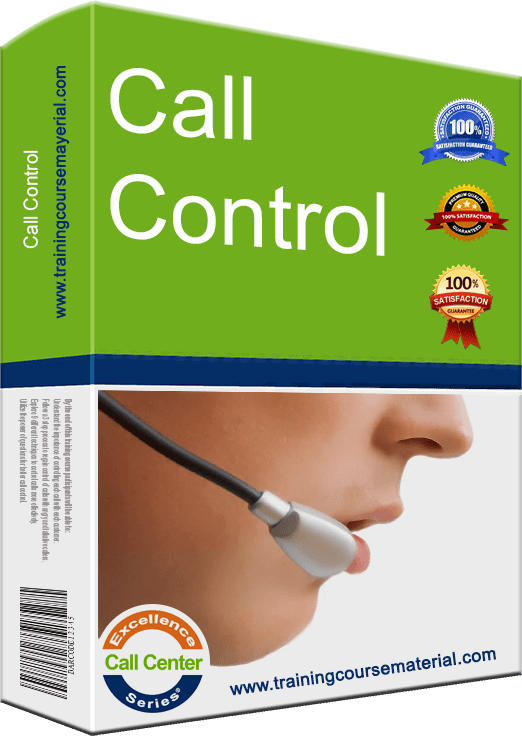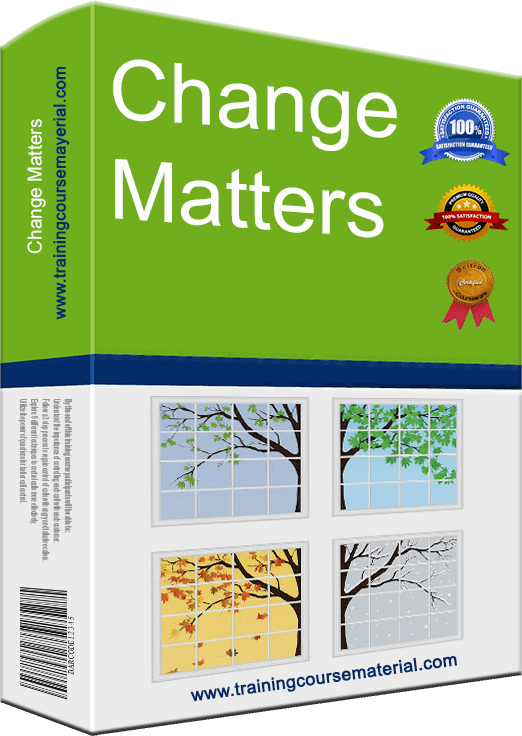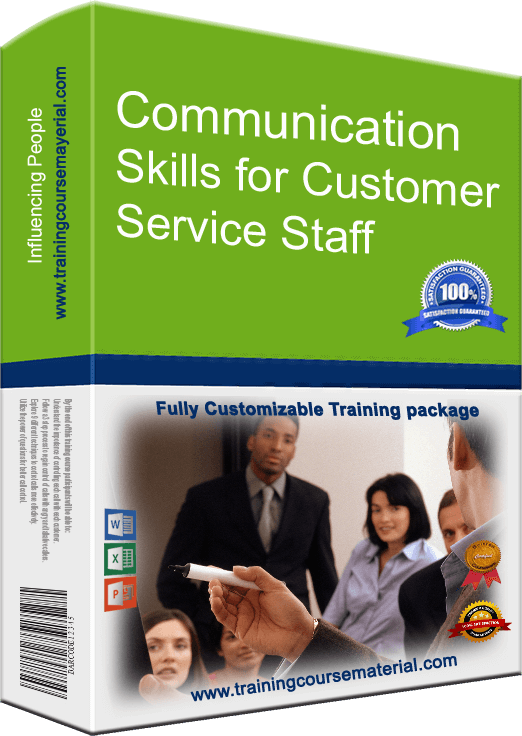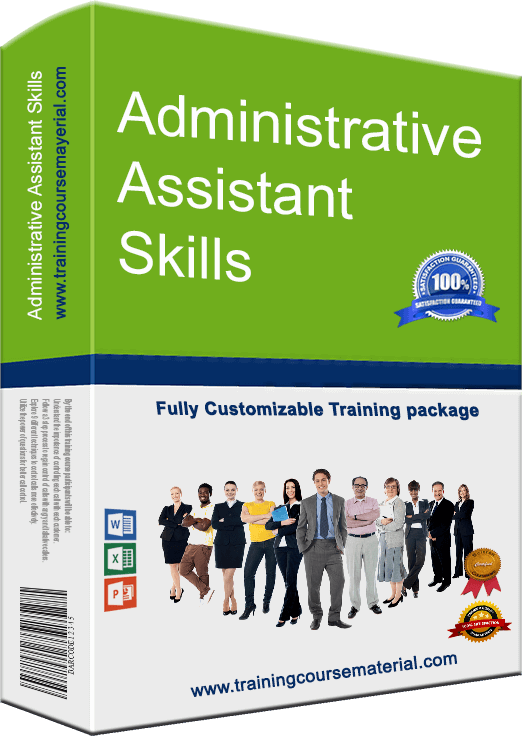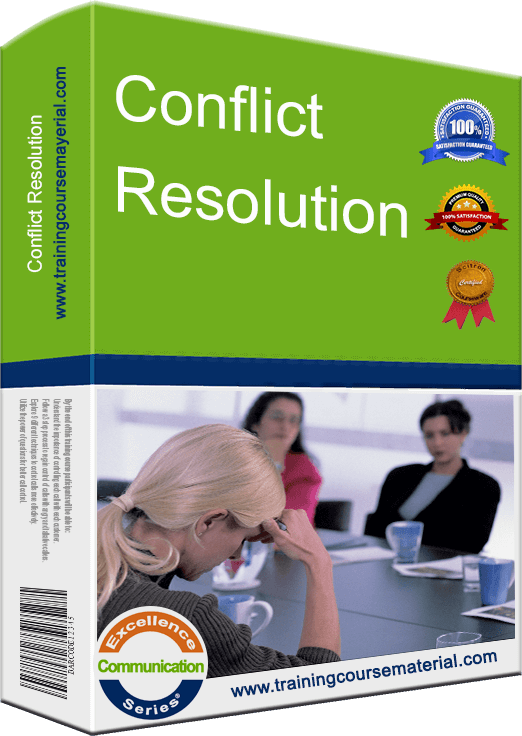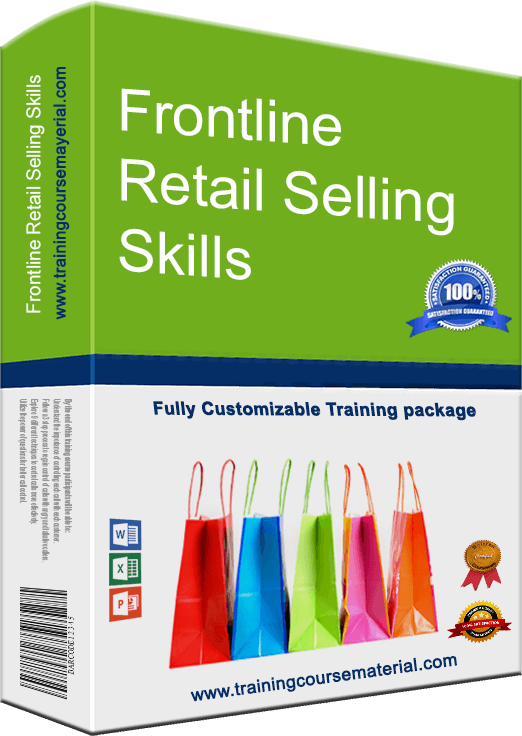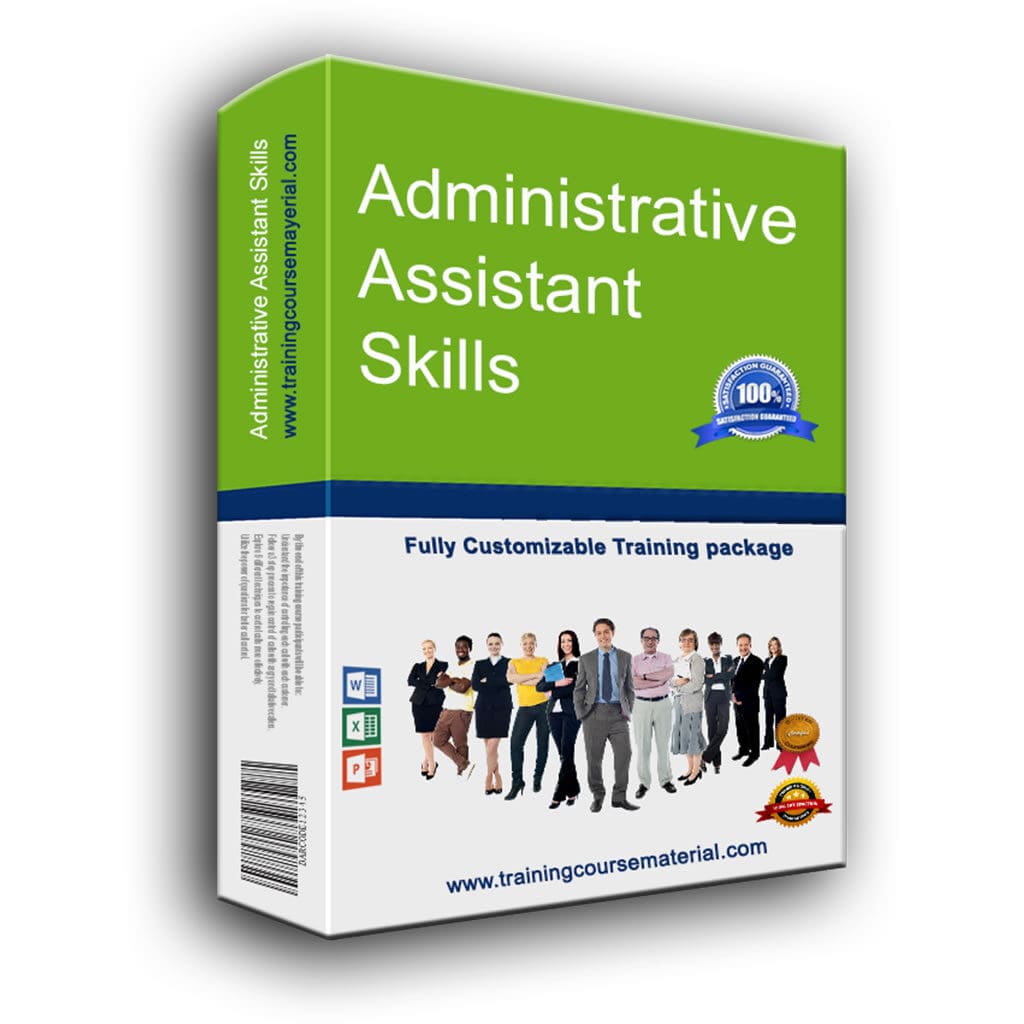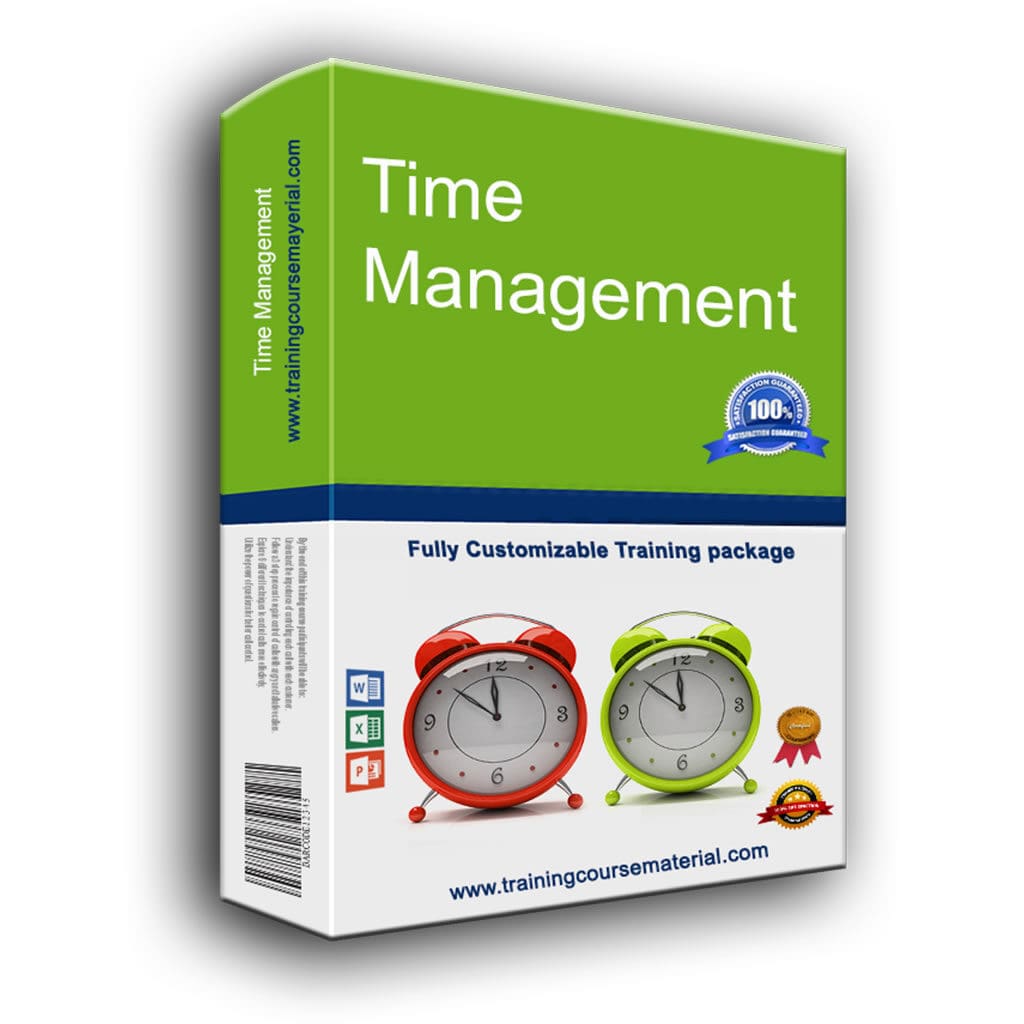Memory Test
Memory Test
- Games & Activities
- /
- Hits: 89379
This can be a great activity for presentation skills or train the trainer classes. Tell participants that you will read them a list of words to test their memory. Participants will need to listen carefully and cannot write any of the words you will say down. Later you will test and see how many words they still remember.
Read each of the following words slowly and pause briefly between each word. Note that one of the words (nigh) is repeated three times.
Once you finish reading the list, try to distract them by talking about anything else for about one minute. Then ask each participant to take out a piece of paper and write down as many words as they can remember.
Debrief by exploring the four basic principles of memory as follows
Primacy and recency – ask participants to raise their hands if they remembered the first and last words (dream and pillow). Explain that people easily remember the first and last things they hear in a series. Link back to the importance of having a high energy start and a final recap and review of your presenation.
Surprise – ask those who remember the word (artichoke) to raise their hands. Make the point that most people tend to remember things that are different, new or unexpected. People will remember your presentation for much longer if it is novel and untraditional if not shocking.
Repetition – Ask those who remember the word (night) to raise their hands. Most participants must have remembered and wrote this word because you repeated it three times. Explain that people remember things more if they are repeated and how important it is to recap and review the main key points of your presentation more than once to ensure your audience can remember them.
False-memory – Ask participants to raise their hands if they remember the word (bed). Reveal that this word was not in the list but still some of them did write it down and raise their hands. Explain that our brain automatically closes gaps in what it sees and hears or reads, and sometimes assumes things that never took place happened. Most participants would have written the word (bed) because it simply fits and belongs to the list logically even though you never read it.
Include mnemonics:
(Drop the m; it’s pronounced “ne-MON-ics.”) These are techniques and systems used to support and enhance the memory process by incorporating rhymes, rules, phrases, acro-nyms, and other such devices. It is based on the Greek word mneme (“memory”), with historical records indicating its utilization as early as 477 b.c.
Examples
Peg method:
A technique to remember a series of numbers such as phone numbers, account numbers, or password numbers. To use this technique, begin by mentally assigning a word, figure, or icon to each number from 0 to 9. Each image may be a word that rhymes with the number, resembles the shape of the number, or in some way represents the number to you. An example would be to create in your mind the image of a pencil to represent the number 1 (looks like a 1), an image of a swan to represent the number 2 (the neck of a swan looks like the number 2), a tree to represent number 3 (tree rhymes with three), and a fork to represent the number 4
Method of loci (Roman-room method):
Used by ancient orators, this is a technique for remembering significant amounts of information, be it a speech or a list of items. To use this technique, you first think of a familiar route and specific points or objects along the way (your commute to work, a walk from one end of your home to the other, your morning or evening walk, and the like). You then mentally place visual images representing the items on your list or the key points in your speech at landmarks along your route. The number of landmarks you decide on will be determined by the number of items/points you wish to remember. Then simply men-tally retrace the route to recall the information. This is the origin of the expression “in the first place.”
(there are usually four prongs on a fork). Then connect the created images together in a colorful or dramatic story.
Chunking:
Based on the “seven plus or minus two” theory for holding information in our short-term, working memory, chunk-ing is a system of grouping numbers and information into smaller chunks for easier retrieval. For example, to remember the number 03181972 is more difficult than remembering 03 18 1972 (date). This is because it’s easier to hold groups of these 2s, 3s, or 4s rather than a long string of digits.
Rhymes, rhythm, and repetition:
A fun method of remember-ing used since childhood. Remember learning the alphabet or “30 days hath September, April, June, and November?” Useful for rote memory, but not for understanding information.
Nonsense sentences:
In this technique, the first letter of each word in a nonsense sentence represents or is a part of the word you wish to remember. If you’ve ever taken music lessons, you likely memo-rized the treble clef with the sentence “Every good boy does fine.”
Medical students sometimes use this technique to memorize parts of the body’s anatomy. For instance, “The brain’s cerebrum consists of the parietals, occipitals, temporals, and frontal” can be turned into “Crazy pigs often take flight.” Again, this method does not provide an understanding of the information; it is used only for rote memory.
Activity 2
Objective:
This activity is designed to demonstrate the importance of effective presentation techniques for enhancing memory retention. Participants will experience firsthand how various principles of memory work, and understand how to apply them in presentations.
Instructions for Trainer:
Preparation:
Prepare a list of words (as provided).
Familiarize yourself with the principles of memory (primacy, recency, surprise, repetition, and false-memory).
Understand and be ready to explain the use of mnemonics.
Conducting the Activity:
Begin by explaining the objective of the activity to the participants.
Read the list of words slowly, with brief pauses between each word. Emphasize one word (e.g., “night”) by repeating it three times.
After reading the list, engage participants in a different topic for about one minute to divert their attention.
Participant Task:
Ask each participant to take out a piece of paper and write down as many words as they can remember from the list.
Debrief:
Primacy and Recency: Discuss with participants which words they remembered first (primacy) and last (recency). Relate this to the importance of starting and ending presentations strongly.
Surprise: Ask participants who remembered the word “artichoke” to raise their hands. Explain how unexpected elements are more memorable and highlight the importance of making presentations unique.
Repetition: Discuss the participants’ recall of the word “night” and emphasize the significance of repetition in reinforcing key points.
False-Memory: Address the inclusion of the word “bed” (not in the list) by some participants. Explain how our brains fill in gaps and stress the importance of clarity in communication.
Introduce Mnemonics:
Briefly explain the Peg Method, Method of Loci (Roman-Room Method), Chunking, Rhymes, Rhythm, and Repetition, as well as Nonsense Sentences. Highlight their role in aiding memory retention.
Remember to foster an open discussion and encourage participants to share their experiences and insights.
Note: This activity can be particularly effective for presentation skills and train-the-trainer classes, enhancing participants’ understanding of memory principles in the context of training and presentations.

34 Full Courses & 6 Mini Courses
Get all available programs
& save ...!!
Price: $4499.95 $2995.95
Great Value For Money
Read More
Are You a
Visual, Auditory or Kinaesthetic ?
How well do you
cope under
pressure?
.
Are You A
people person?
.
Forward looking, or
Stuck in a time
warp?
How content
are you?
.
How soft-centred
are you?
.
Find Out
Your Leadership
Style
How
Emotionally intelligent are You ?

|
+ | 
|
The Presenter-Trainer Package®
Train The Trainer
Presenting With Impact
Price: $359.95 $299.95
SAVE $59.95
Read More
Retail Excellence Series®
3 Complete Courseware
Packages in 1
Frontline Retail Selling Skills
Retail Sales Planning & Forecasting
Passionate Retail Experts
Price: $539.855 $349.95
Pay for 2 Get 1 Free
Read More
Sales excellence series®
3 Complete Courseware
Packages in 1
Sales Management
Professional Selling Skills
Sales Territory Planning & Routing
Price: $539.855 $349.95
Pay for 2 Get 1 Free
Read More
Call Center Excellence Series®
4 Complete Courseware
Packages in 1
Handling angry and difficult callers
Call control
Find a way to say YES!
Successful telephone debt collection
Price: $719.95 $449.95
Pay for 2 programs and Get 2 programs Free
Read More
Communication Excellence Series®
4 Complete Courseware
Packages in 1
Communicating with clarity and impact
Negotiating for results
Conflict resolution
Presenting With Impact
Price: $719.95 $449.95
Pay for 2 programs and Get 2 programs Free
Read More
Customer Service Excellence Series®
5 Complete Courseware
Packages in 1
Vision, Energy & Passion To Serve
Pathways to service excellence
Find a way to say YES!
Passionate Retail Experts
Setting others up for success
Price: $899.75 $599.95
Pay for 3 Get 2 Free
Read More
Instant Download
Training packages
Price: $199.95 $179.95
No matter who you are, we all have 168 hours each week. Your ability to best utilize those 168 hours will ultimately determine your success. Using self-discovery, hands-on activities and innovative concepts, throughout this high energy training program, participants will learn how to get better control of their time and their life in general.
Price: $199.95 $179.95
A highly engaging one-day training program packed with a plethora of fun activities and games focusing on the key characteristics of high performing teams.
Price: $199.95 $179.95
All you need
to deliver a great training!
Our training material packages come with all you need to provide
a professional and accelerated learning solution with

High Impact
Power Point Slide Deck
To support immersive learning, a high impact professionally designed power point slide deck to engage trainees at all levels.

Student
Workbook
A comprehensive reference workbook you can give out to your class participants as a quick future reference.

Trainer
Guide
With step-by-step clear directions with tips and suggestions on what to say and how to present each slide.

Activity
/Exercise Sheets
Various training material and support documents to help you both explain and debrief the different exercises, activities and games Plus a fun final Jeopardy style review game as a fun ending for your training program.

Additional
Support Documents
To ensure you have all you need to deliver a complete and professional training program, additional supporting documents are included with each full course material package. From training evaluation forms to 5 different certificate templates that you can edit and hand out to your participants at the end of your training.

Job Aids
& Forms
Specific forms designed to extend and reinforce the training that participants can utilize back on the job to help them apply the new learned concepts (Select training material packages)

